Night terrors, or pavor nocturna, is a sleep disorder common in children, but some adults have them as well. During a night terror, a person sits up suddenly, eyes wide open, breathing heavily and with a pounding heart. They may scream or cry out. They appear to be awake but will be uncommunicative.
Night terrors are different from dreams, which occur during REM sleep. Night terrors occur when a person is waking up from slow-wave sleep (stages 3-4). A person waking from a nightmare can usually recall some kind of organized sequence of events in the dream, whereas a night terror victim only recalls an intense feeling of fear.
As a parasomnia sleep disorder, night terrors are often associated with sleepwalking and other disturbances. Like any other sleep disorder, night terrors are thought to run in families.
Most people who suffer from this sleep disorder experience a few night terrors each month, and they may come and go throughout a person’s lifetime. A few children suffer from up to 40-night terrors every night!
In children, sleep disorder usually begins in early childhood, and most children don’t experience frequent attacks. It’s normal for a child to suffer from the occasional night terror, and the sleep disorder usually disappears by adolescence. Night terrors do not mean anything is psychologically wrong with your child.
You can tell if your child is experiencing night terrors if you find them waking up with an expression of extreme fear. Their heart will be racing, and they might be sweating or breathing heavily. They might scream or babble incoherently. They will probably be very difficult to communicate with and may thrash out when you try to console them.
Adults who experience this sleep disorder commonly suffer from mental illness – usually post-traumatic stress-disorder or anxiety attacks. Night terrors in adults are not common, and if you’re an adult experiencing frequent night terrors, see a doctor or sleep disorder specialist immediately.
When night terrors occur as a sleep disorder in children, they aren’t normally treated medically unless severe. Most children will not remember their night terrors and should grow out of the sleep disorder in their teens. Adults who suffer from night terrors, especially those whose episodes are frequent and result in injury, should seek the help of a sleep disorder specialist. Herbal sleep remedies have also proved effective in treating night terrors.

